

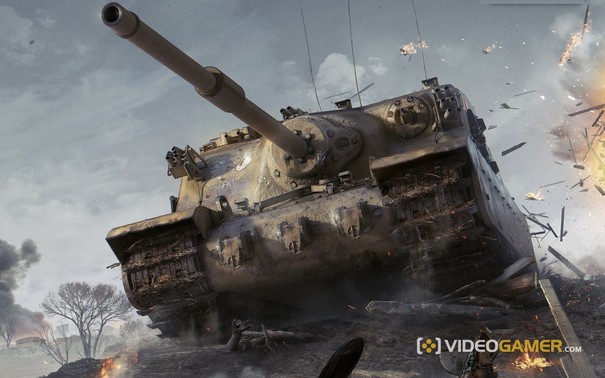
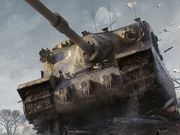
By all metrics – including, thanks to heavy advertising, the much-vaunted 'has your mum heard of it' – World of Tanks is an astonishing success. From its initial release in 2010, it has grown in all the ways that would make most publishers drool: registered users, Metacritic score, concurrent users, revenue. It's a phenomenon: according to Passemard, as of December 2014 it has 110 million users, up from around 65 million the year before.
Unlike its numbers, however, World of Tanks' gameplay wasn't necessarily moving forward the way Wargaming would have liked. Instead, Team Battles had become bogged down in defensive play, with good strategists realising that it doesn't pay to be on the offensive. It led to boring encounters. To Passemard and his team, this wasn't just a problem that affected the game. It also weighed negatively upon the World of Tanks' status as a tournament draw, both for participants and spectators. As such, its ability to grow to its full potential – into a sport that Passemard thinks could one day be as big as football – was being hampered.
The answer to the issue wasn't immediately clear. "We tried a lot of different solutions, including trying to reduce the size of the teams" Passemard states. "There were other more restrictive rules, but we didn't really want to do that. Reducing the size of the field doesn't create ideas."
Instead of punishing players, the solution was to change Team Battles by removing scout tanks and increasing the number of higher-tiered war machines. Alongside this was a fundamental change in the endgame: attackers still had to eliminate the other team or capture one of two enemy bases, and defenders still had to prevent them from doing so, but if the time limit expired then defenders would win. Matches now couldn't end in a draw, preventing the stalemates that were bogging the mode down.
The changes were popular, according to Passemard. But with any tweak to a game like World of Tanks, which has both casual and tournament-level players, there's bound to be some who prefered the experience as it was: especially if they are used to winning.
"We got one pushback, not from the top players but from the mass [audience], who noticed an increase in unit cost when they use this format, because there are more repairs, etc. We're monitoring it, listening to community feedback, and if it become a problem we'll find a way to fix it. We don't want costs to interrupt the way players enjoy eSports.
"That's the only black sheep...that we've heard about. So far. We're monitoring it. Next year we have the grand finals. We're using this format, and there's a lot of expectation...so far it's very good."
Other changes may seem smaller, but were almost as important to – again – the overall goal. The spectator mode was rebuilt, now showing far more data in a more easily digestible manner. It was a necessary change, according to the firm, as its previous spectator mode, made by a player, was not professional enough for a 'top 5' eSports game (Passemard thanked the creator of the old version nonetheless).
The 'top 5' ranking is important to Wargaming. It sees World of Tanks as being part of an informal "family", as Passemard puts it, associating the game with other popular titles such as League of Legends, World of Warcraft, and Dota 2. WoT doesn't exist in a vacuum, and Wargaming pays attention to those around it. Each game, the theory goes, feeds the others' success.
"I love the one-click join button that League of Legends has. We're always keeping an eye on what our competitors are doing. I shouldn't say competitors, as we're all walking in the same direction: [to build] eSports awareness."
Focusing on contemporaries can have a negative impact for some firms, as they attempt to keep up with the Joneses. Instead of massive changes that may spook regular players, however, Wargaming takes a more refined approach when it needs to adapt its hit titles. "There's too much user interface in joining a tournament, too many clicks. We want to simplify that. We grow organically. We take one element, work on it, and we fix it. When something works, it's long-term vision, it's healthy.
"We want to create an ecosystem that is profitable for the players. We want players to be able to show their skill and provide entertainment for the audience. And then that audience can say 'why not me?' and jump across. That's what we want to provide out of it. Everybody profits."
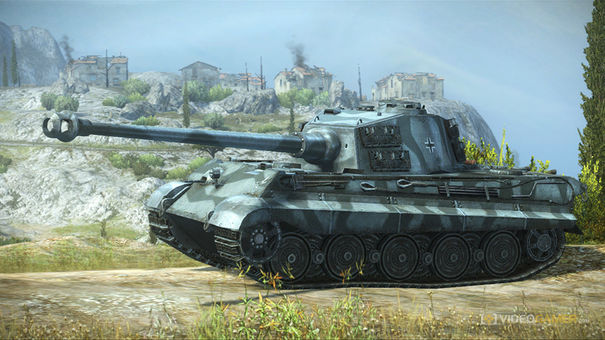
So far, this has proven to be the case. But Passemard (and, no doubt, his 'family') have eyes on an even bigger goal. Despite huge prize pools and gigantic tournaments, especially in Asia, eSports don't have the mainstream acceptance they perhaps could. That's changing right now, according to Passemard.
"It's growing. I spent three years in Shanghai. In China they're crazy. Nobody says you shouldn't play, or it's just for boys, or whichever cliche you want to use. They are completely above it: they say 'it's fun to play, to watch, we're making good money out of our passion. What's the flaw?'
"They don't see negativity. I think we [Europe] are a bit behind, but we're catching up. I see small evidence of changes. You can see in tourneys, the players are getting older. We're getting there, don't worry."
World of Tanks forms – and is reliant upon – what Passemard thinks is a synergistic relationship between sponsors, players, and developers. In theory, each works to the betterment of the other: A better game means more and better players, which leads to better sponsors, who provide better prize pools, which again attracts more and better players and leads to Wargaming providing a better game to accommodate them. And so on. But it's a difficult balancing act, and as eSports grows and aims to penetrate the mainstream, it needs to also make sure its sponsors understand it.
"The eSports audience is hermetic to classical marketing. Once they [advertisers] realise that, it will grow, and if it grows people will get more exposure. It will be a positive spiral. As soon as the sponsors realise it's a good strategy to inject money in eSports, that it's the right moment now...it's the right time to promote the game to their audience. It will grow."
I bring up Red Bull as an example. The firm, once famed just for its energy drinks (and their curious cans and marketing) has lent its name to extreme or unusual sports and activities, from F1 teams to Felix Baumgartner's freefall from the edge of space. In the case of the latter, it paid dividends: the stunt is almost as famous for being funded by Red Bull as it is for a man falling from such a height. Passemard agrees that they fit the bill. He should know, after all. He's worked with them before.
"I'd like to be able to choose the sponsor for what they represent. I worked with Red Bull, and I remember one meeting, when I was really junior into eSports. At one point they said "we don't care about money, the numbers. We want to work with passionate people". That touched me. I said I want to prove to them that we ARE passionate enough. That's the right mindset."
Despite Wargaming's grand plans for the future, Passemard's aspirations are also focused on getting eSports onto a medium associated with the past. Not for its ability to reach an audience: instead, for its ability to normalise one.
"I want to be in the house, on the classic old channels. Because it will be an achievement, symbolic. We are in everybody's mind, we are on that show, we are part of the… Just like watching a movie, you watch eSports. You watch football, you watch eSports. It's the same. That's where I want to be in five years.
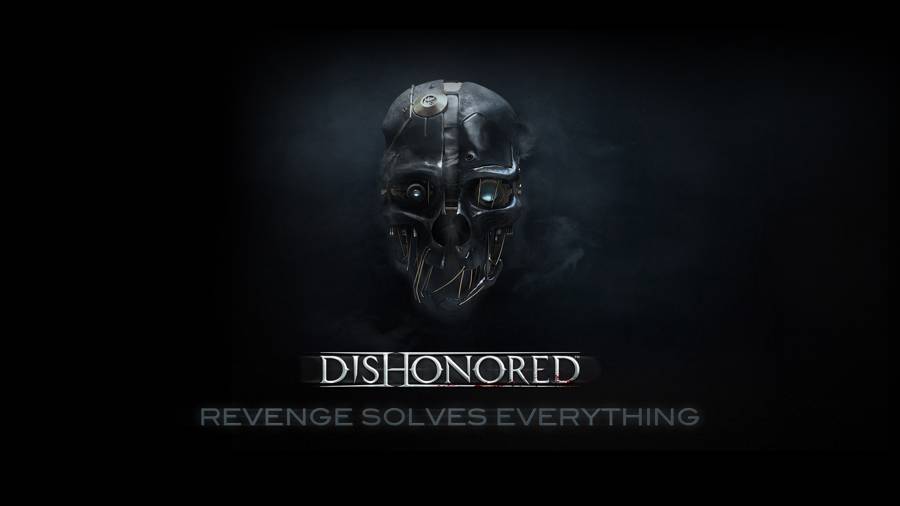
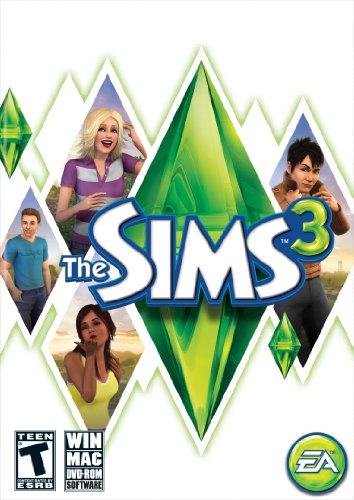
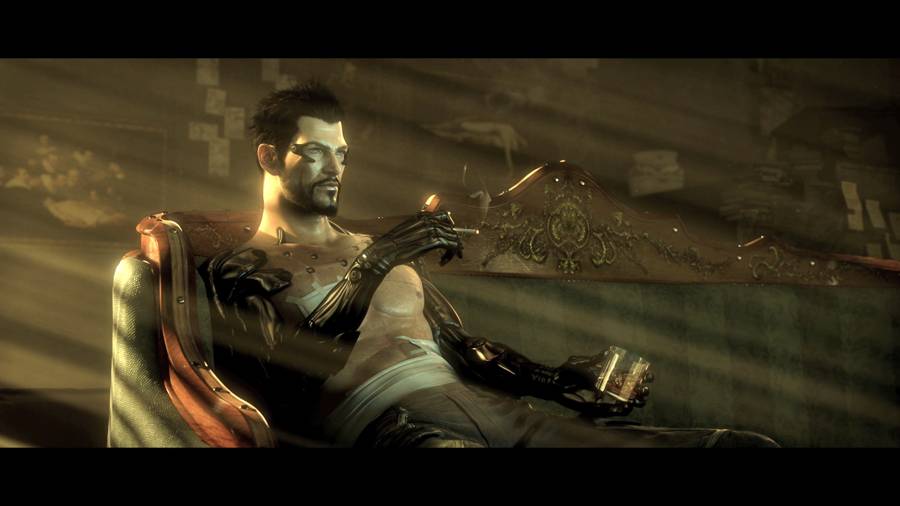
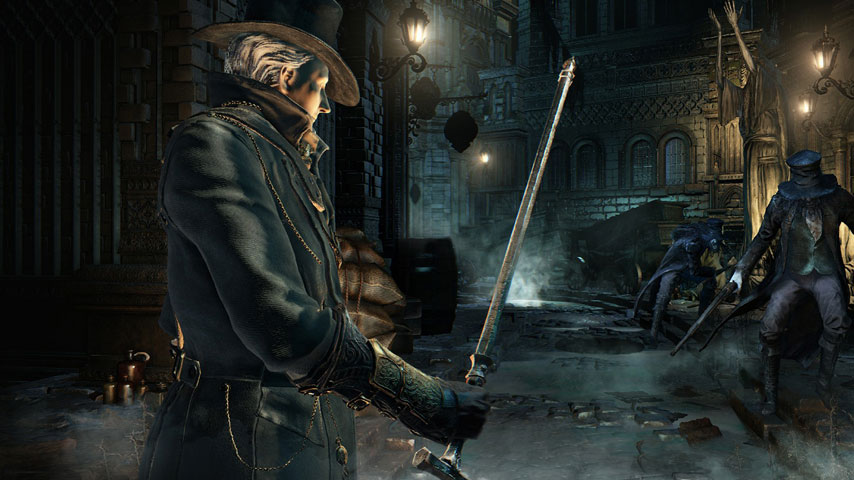
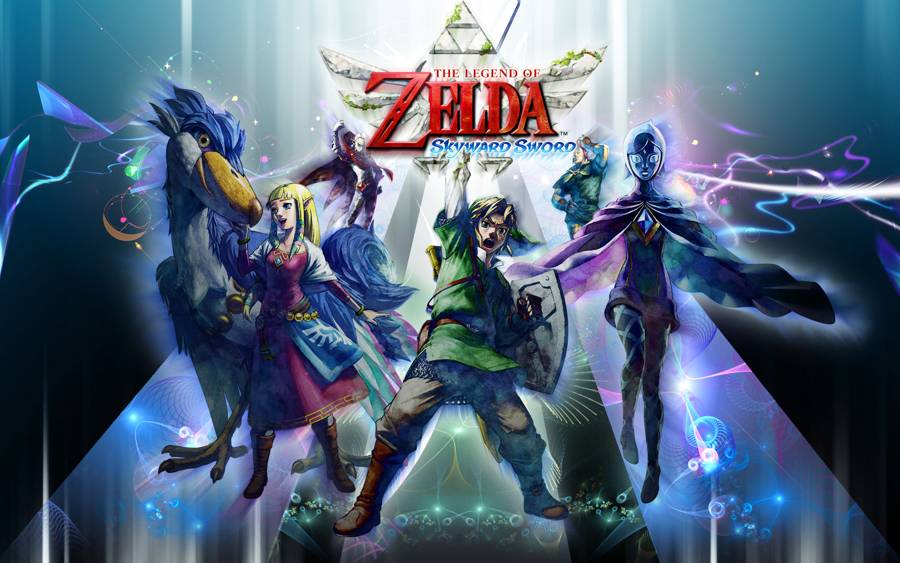 The Legend Of Zelda Skyward Sword Ghirahim Guide
The Legend Of Zelda Skyward Sword Ghirahim Guide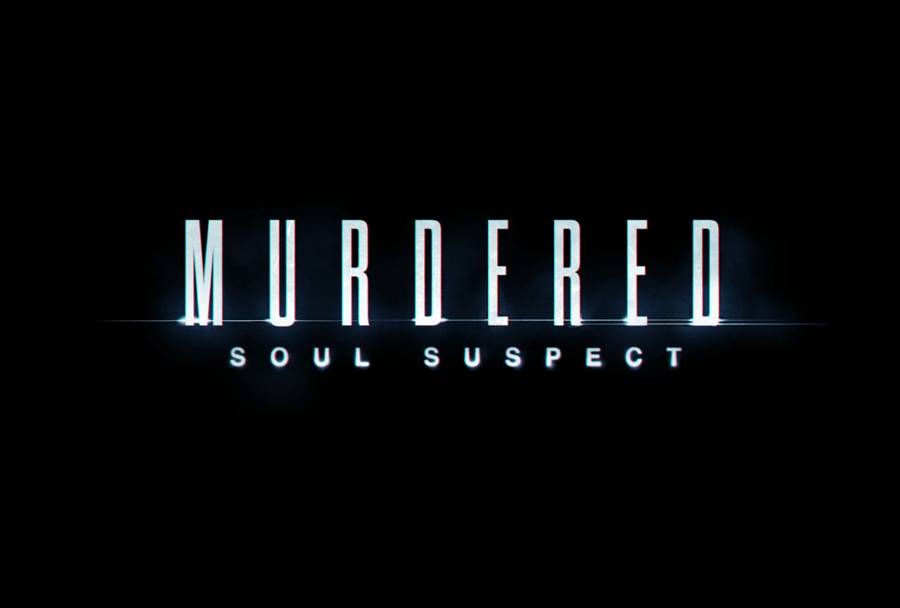 Murdered Soul Suspect Receptionist's Office Case
Murdered Soul Suspect Receptionist's Office Case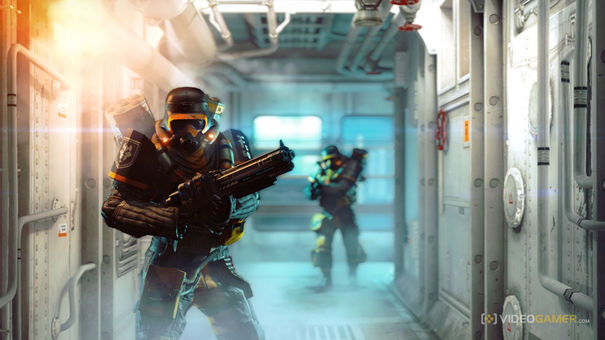 . Plays, 7th February 2015
. Plays, 7th February 2015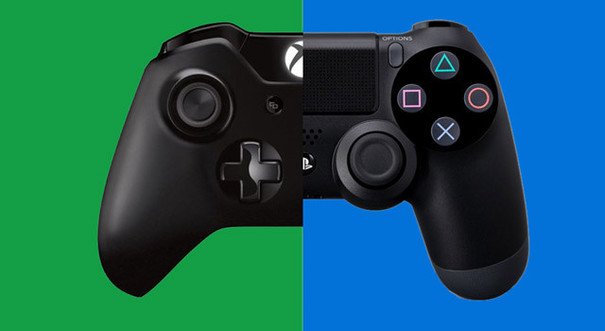 Why I wouldnt buy an Xbox One or PS4 at launch
Why I wouldnt buy an Xbox One or PS4 at launch Torchlight 2: High Strength no Dexterity Berserker Build Guide
Torchlight 2: High Strength no Dexterity Berserker Build Guide